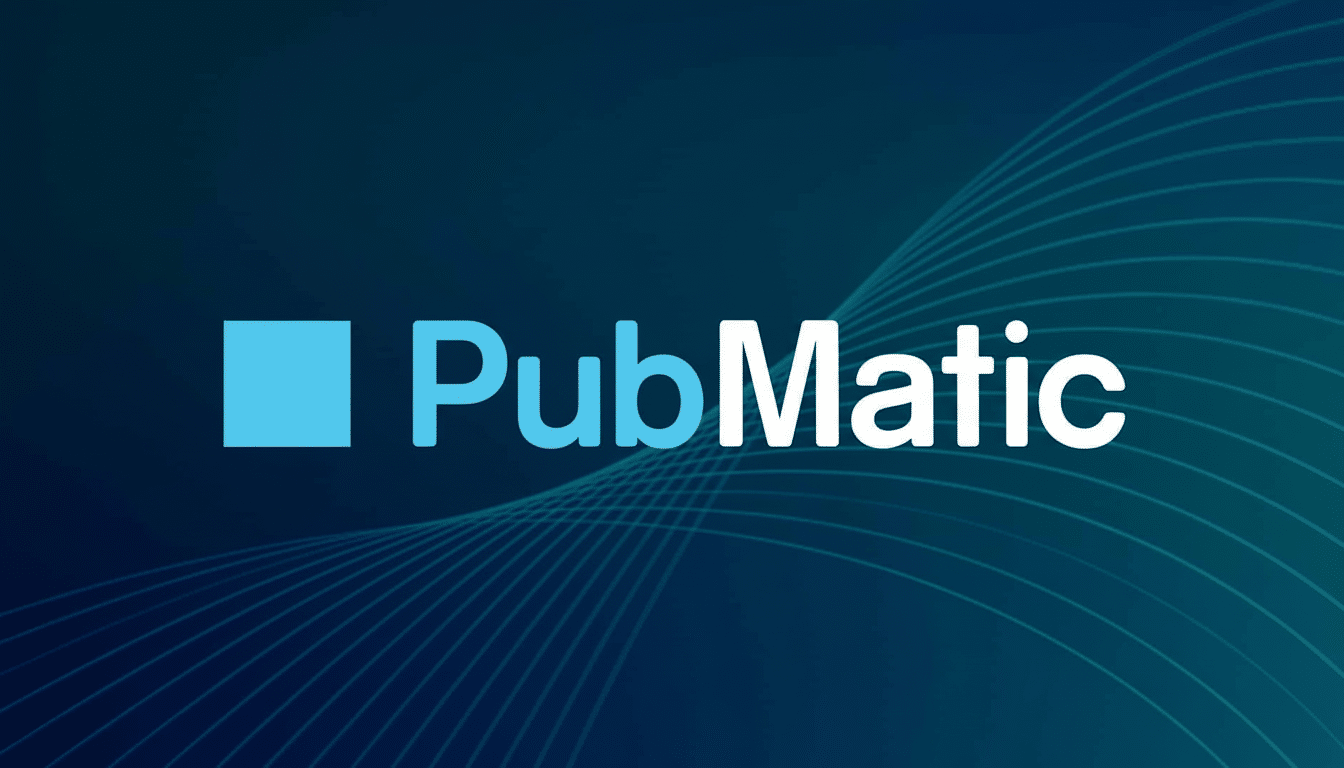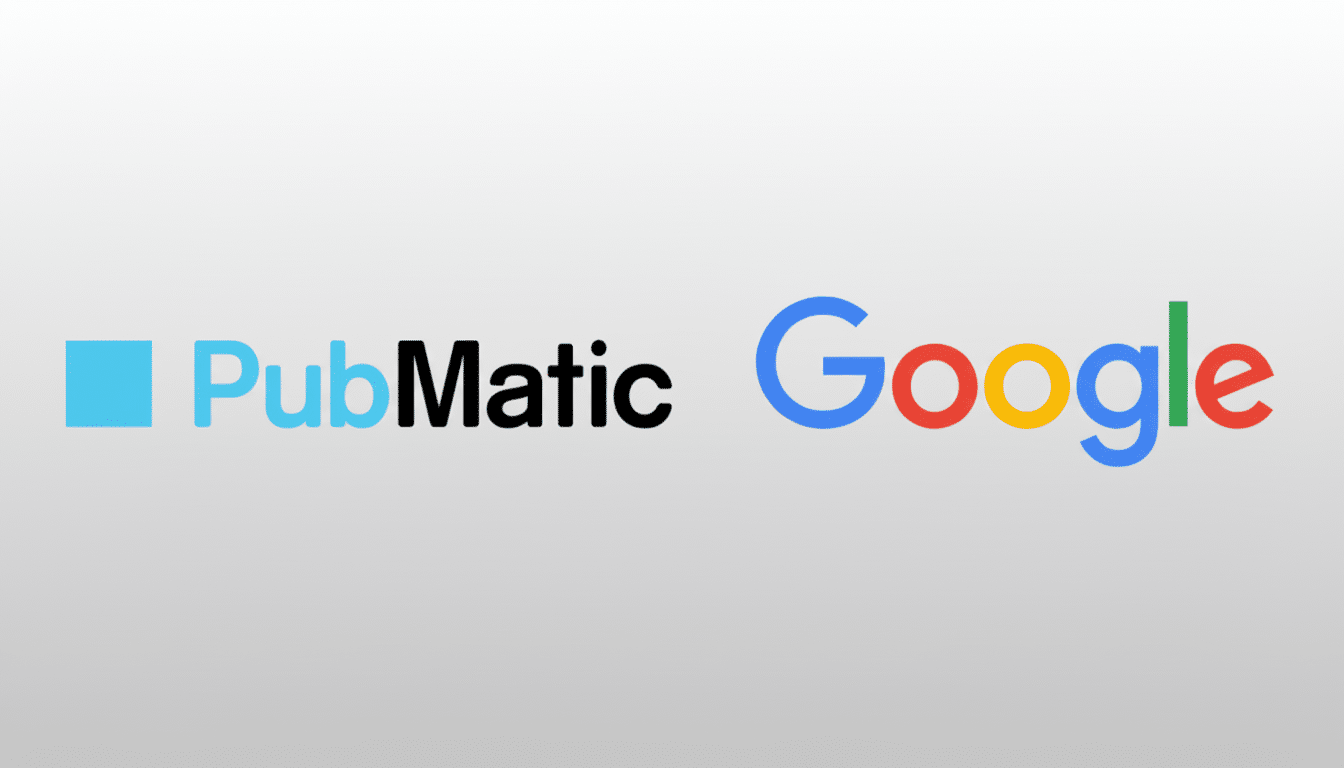PubMatic has sued Google for anticompetitive behavior, asserting that the digital advertising technology stack has been illegally dominated by the online giant in an escalation of the long-simmering tensions between independent exchanges and the sector’s leading presence. Seeking damages in the billions of dollars, the sell-side platform, as the advertising technology is also known, says the case is as much about repairing the market as it is about compensation.
What PubMatic alleges
The heart of the complaint rests on an assertion that Google leveraged its control over the ad stack — tools for buyers, the ad exchange it dominates and the publisher ad server — to favor its own services and crush rivals. PubMatic argues that Google’s auction format, its data advantages, and its integrations steered publishers and advertisers onto the company’s rails, constraining open competition and suppressing publisher yields.

PubMatic, which operates a leading sell-side platform and engages in the open-source Prebid ecosystem, contends that previous innovations like header bidding were repeatedly blunted by Google’s response, such as server-side programs that routed demand through Google-controlled paths. The company positions the lawsuit as a way to bring back neutral auctions and true interoperability, rather than simply to reclaim lost revenue.
The legal backdrop
The filing comes as Google’s ad business has faced increasing scrutiny. A federal court ruled recently that Google illegally monopolized parts of ad exchanges and publisher ad servers, with the judge holding a separate remedies proceeding. Regulators on both sides of the Atlantic have raised concerns like these: the United Kingdom’s Competition and Markets Authority has highlighted Google’s dominant share throughout the ad stack, and the European Commission has explored whether structural separation might be appropriate in ad intermediation.
PubMatic’s action is the latest in a series of private and public antitrust challenges to Google4’s ad practices. Past court filings from state attorneys general have uncovered internal programs — like the so‑called “Project Bernanke” and its “Jedi Blue” agreement with Meta — that the agencies suggested unfairly advantaged Google’s marketplace. Google has denied wrongdoing in those cases and results have been mixed, but the disclosures helped to harden industry concerns about conflicted roles in auctions that Google oversees as the rule‑maker, a bidder and a market operator.
The new lawsuit, first reported by Bloomberg, makes PubMatic one of the most high‑profile independent exchanges to file a direct follow-on suit now that a finding of liability has been arrived at in a similar but related federal action. That timing may be strategic: A solid liability record can make it easier for private plaintiffs to recover damages and win injunctions.
Why it’s important for publishers and advertisers
Programmatic advertising continues to be the economic engine for large sections of the open web. The IAB and PwC say U.S. online ad revenues are in the hundreds of billions, and a significant chunk passes through real‑time auctions. There have been independent studies on the “adtech tax,” and it can be high: the ISBA/PwC programmatic supply chain report documented material leakage and all‑in take rates in some cases nearly or surpassing a third of media spend.
And the cost is ultimately a function of market structure. The CMA has said previously that Google held the lion’s share of the publisher ad server market and a sizable chunk of the ad exchanges and buy‑side tools — positions that it said could shape whether and how people get to see publishers’ bids for ad space and in what conditions. PubMatic says that neutral price discovery isn’t possible when one company makes the rules, runs the auction and is both buyer and seller representative.

For publishers, the slightest alterations to auction mechanics can result in meaningful revenue loss. For advertisers, limited transparency in multi-path auctions can lead to less efficient spend and less accountable performance. PubMatic boasts in its public filings that it has historically reported take rates in the low teens, pitching the delta as proof that a more competitive supply chain could bring more value back to media owners.
Potential remedies and industry impact
Aside from monetary damages, PubMatic is likely to pursue injunctive relief to untangle what it describes as foreclosing defaults and discriminatory integrations. Remedies might consist of mandatory true auction neutrality, data firewalls between ad server and exchange, mandates for rival bidding systems to work together, and curbs on preferential routing of demand from Google’s buying tools.
Structural separation continues to be a live issue in regulatory circles. And the most far‑reaching outcome would be a court‑ordered divestiture of parts of Google’s ad stack, like the publisher ad server or exchange, which could potentially reshape fees, data flows and competitive dynamics across the open web. Even short of that, enforceable conduct remedies could make it easier for independent exchanges, publishers and advertisers that depend on Prebid and other open standards to find their way into auctions and lessen the conflicts of interest they face.
The timing coincides with more sweeping platform shifts, like privacy efforts to curtail third‑party cookies and to move targeting into browser‑mediated systems. Skeptics say these transitions run the risk of locking in the advantages of incumbents unless combined with strong competition protections. A straightforward court decree on auction neutrality could affect the way those privacy frameworks are carried out in real life.
Google’s expected defense
Google usually argues that digital advertising is highly competitive, and notes that it has numerous rivals in buy‑side platforms, exchanges and retail media networks. The company has said its tools reduce costs, decrease latency and deliver better results for advertisers and publishers. It also contends that integrations such as server-side bidding and open APIs increase choice — rather than limit it.
The court will now have to decide whether both the scale of Google’s system and its design choices are the result of efficiency‑driven innovation, or rather, alleged unlawful maintenance of monopoly power. For the rest of the industry, the case is a referendum on the future of the open web: whether independent exchanges, such as PubMatic, can compete on level footing — or whether the ad market is and will remain one defined by one company’s rules.

